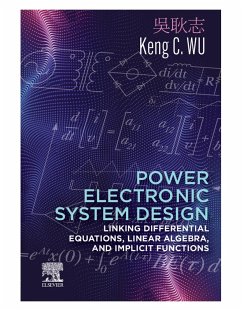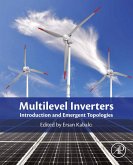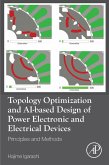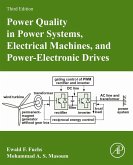Power Processing Circuits Design seamlessly infuses important mathematical models and approaches into the optimization of power processing circuits and linear systems. The work unites a constellation of challenging mathematical topics centered on differential equations, linear algebra and implicit functions, with multiple perspectives from electrical, mathematical and physical viewpoints, including power handling components, power filtering and power regulation. Power applications covered encompass first order RC and RL, second order RLC circuits with periodic drives, constant current source, close-loop feedback practices, control loop types, linear regulator, switch-mode regulator and rotation control.
- Outlines the physical meaning of differential forms and integral forms in designing circuits for power applications
- Delivers techniques to set up linear algebraic matrix representations of complex circuits
- Explores key approaches obtaining steady state and describes methods using implicit functions for close-loop representation
- Describes how to implement vector representation of rotational driving sources
- Supplemented by MATLAB implementations
Dieser Download kann aus rechtlichen Gründen nur mit Rechnungsadresse in A, B, BG, CY, CZ, D, DK, EW, E, FIN, F, GR, HR, H, IRL, I, LT, L, LR, M, NL, PL, P, R, S, SLO, SK ausgeliefert werden.









